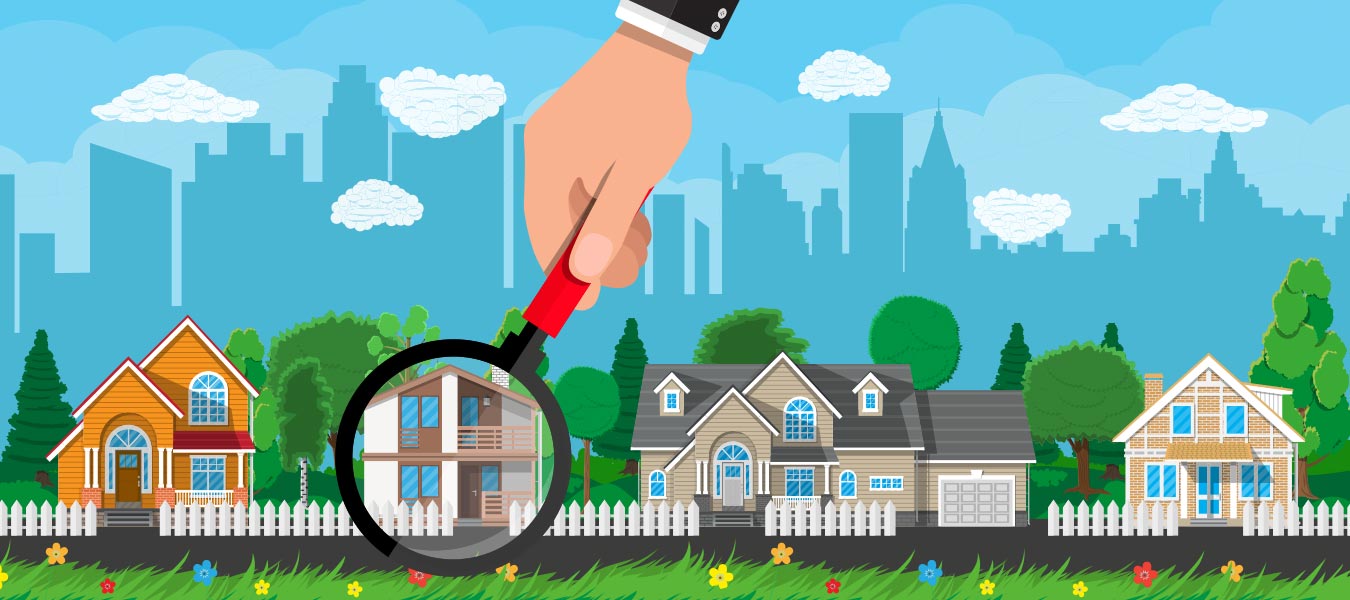What Should You Look for When Viewing a Home?
When buying a home it is easy to fall in love with a home's appearance, but it is very important to look beyond the window dressing. By playing detective yourself, you can carefully inspect each house you view and eliminate those with too many defects.
Here are some things to consider when looking at a home:
1. First impression
First appearances do count. Is the home dirty and cluttered? Are the lawns uncut? Are the walls chipped and in need of paint? If the owner hasn't bothered to keep the house looking clean and attractive, what problems are lurking below the surface?
2. Kitchens and bathrooms
Kitchens and bathrooms are the most expensive rooms in the house to renovate so pay close attention to the age and quality of cupboards, benches, plumbing fittings and tiling. Turn the taps on in the kitchen, bathroom, and laundry to check the water pressure, performance and drainage. Check for dirty water. You might like to leave the tap running for a minute and it can't hurt to drink the water for a taste test.
3. Rooms and furnishings
If you are not planning to replace all of your furniture, make sure it will fit into the rooms of the new house. Bring a measuring tape as rooms can be deceptive. Are there any rooms unusually shaped that might be difficult to furnish?
4. Doors and windows
Check that doors and windows fit snugly and operate smoothly. Look for flaked paint and loose caulking. Check for drafts. Do windows open and slide easily? Do they have cracked paint? This could be a sign of rot. Press your finger into the wood. If it's soft, it is rotten.
5. Floors
Floors should be smooth, even, and solid. Soft springy sections, excessive squeaking, and unevenness are all indications that expensive repairs may be needed. If you intend on renovating, check to see if there are floorboards under old carpets and their condition.
6. Storage space
Check the size of the closets, the attic, the basement, and the garage. Make sure the new house has enough storage space for all your belongings.
7. Basement
Use all of your senses. Sight, smell, and touch. Does the basement smell musty? If the basement is finished, are the walls and floor covering dry? Look for cracks in the walls and floors. Look for any large cracks and look for water leakage or stains from past flooding.
8. Water leaks
Water can do a lot of damage to a home. It rots wood, undermines foundations, and leads to mold and mildew. It takes an expert eye to find most water leaks. If you spot stains, bulges and other signs of water damage on ceilings or walls, make a special note that there could be a problem.
9. Appliances and fixtures
Test the lights, faucets, toilets, furnace, air conditioning, and all major appliances that will be included with the home. Make sure everything is in good working order.
10. The outside of the house
Walk around the house and yard looking for areas where water might collect. Soggy areas near the foundation indicate poor drainage. Look at the condition of the roof and external walls. Are there any shingles/tiles missing or deep cracks in the walls or foundation? These can be very expensive to fix and is usually not covered by house insurance.
11. Services
Make sure that all the services you need, such as power, water, phone, and gas, are available and in working order. There should be at least two power circuits and one light circuit. Safety switches are compulsory in houses built after 1992. If you find exposed wiring in easy reach that is not protected by conduit, it could be a sign of illegal wiring and should be looked into.
12. Inspection
Once you narrow your search down, you should hire a certified Home Inspector to perform a Professional Home Inspection. Inspectors can spot problems that the average person would never find and they can usually advise you on how much it will cost to make the repairs. A home inspection can help you determine whether or not you are going to make an offer on a house, and if you decide to go ahead, just how much that offer is going to be.

